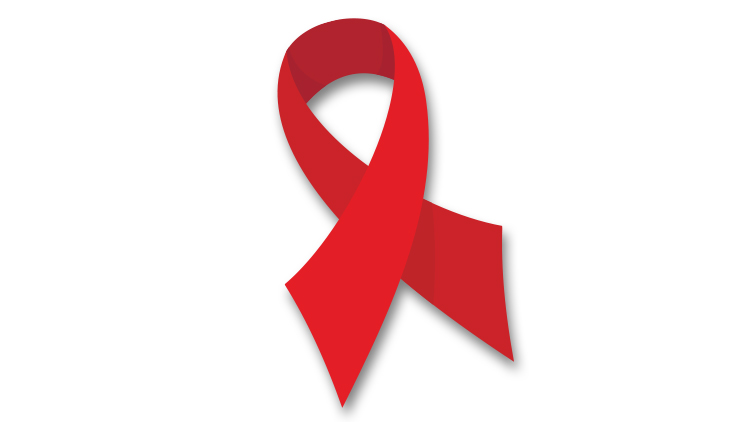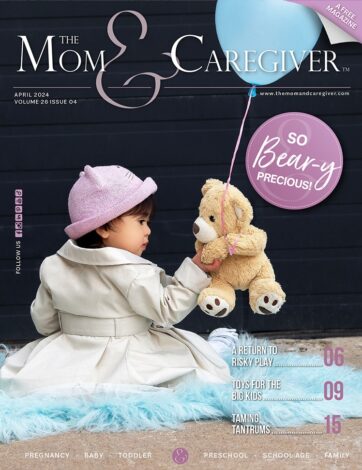May is National Stroke Awareness Month
Stroke strikes fast and waits for nothing so when it comes to a stroke, every minute counts! Nearly two million brain cells die every minute a stroke remains untreated. The general rule of thumb is, the quicker you seek medical care, the less damage done to the brain resulting in a better prognosis. Some warning signs that a stroke may be occurring include:
- Weakness in the face, arms or legs
- Difficulty speaking
- Vision loss
- Dizziness
- Brief loss of consciousness
Stroke is the leading cause of serious adult disability in Canada. A person who has had a stroke may have the following temporary or permanent symptoms:
- Inability to move/weakness on one side of the body
- Poor coordination and/or difficulty initiating movements
- Problems with thinking, awareness, attention, learning, judgment, and memory
- Problems understanding or forming speech
- Problems with controlling or expressing emotions
- Numbness or strange sensations
- Pain in the hands and feet that worsens with movement and temperature changes
Recovery from a stroke varies from patient to patient and depends on their motor and cognitive impairments. Unfortunately not all stroke survivors will recover to their prior level of functioning. However, there are several treatments, tools and therapies that can help improve one’s quality of life and level of functioning. A patient may require physiotherapy, occupational therapy, speech/swallowing therapy or orthotic care.
Orthotic Care in Stroke Recovery
The majority of stroke patients will use some form of ankle foot orthoses (AFO) for increased stability, safety and efficiency of walking. The design of the orthotic device depends on the patient’s presentation, joint range of motion, muscle strength and ambulatory ability. There are orthoses that:
- Increase ankle stability
- Help pick up the toes if they are dragging
- Limit knee hyperextension
- Reduce the knees from buckling
Orthotic treatment is individualized and the clinician will work with the patient and the rehab team to develop the ideal orthosis for the rehab goals and patient presentation.
If you think you or a loved one is having a stroke, call 911 immediately and note the time when the first symptoms appeared. If you would like to discuss how orthotic interventions may help with activities of daily living following a stroke, book your complimentary appointment today!
The Team at Custom Orthotics of London
(519) 850-4721 | office@customorthoticsoflondon.com | @cool_bracing














